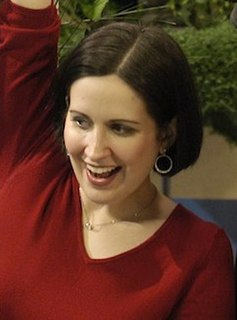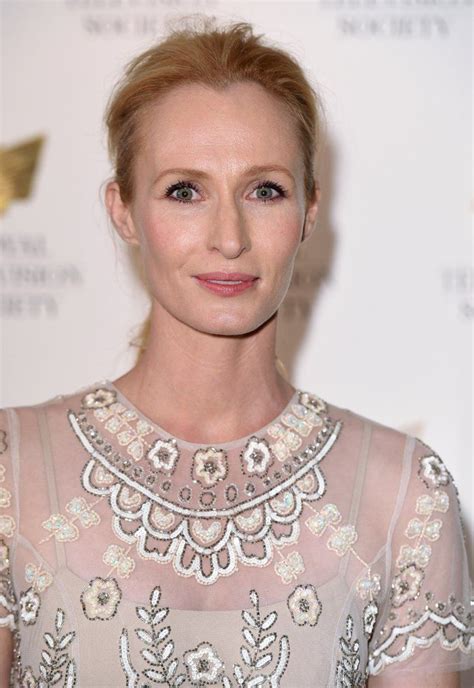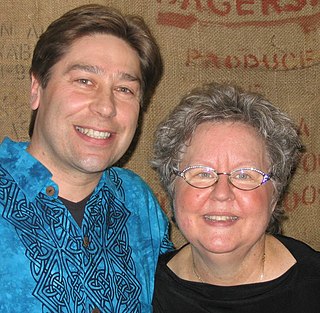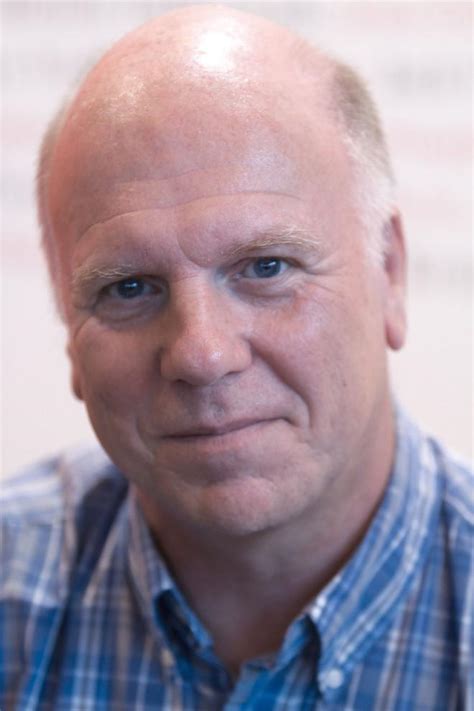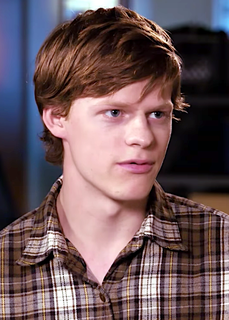A Quote by Alfred Hitchcock
I like stories with lots of psychology.
Quote Topics
Related Quotes
I like newspaper stories that are incomplete, that give me room to imagine the rest. It's no good to me reading about something that's all neatly solved and wrapped up. That's why so many of my stories revolve around human psychology, around why someone commits a certain crime, or series of crimes. I don't profess to know the answers but I like to explore the possibilities.
The model of the educational Kalila Wa-Dimna. These are books of instruction to rulers and humans. The stories unfold a range of human psychology, a vast range of human psychology. The Sultan is being moved from his narrow and bigoted position into a wider, more subtle, more nuanced understanding of human experiences.
There are people from lots of different fields in my department. In my lab, they come from computer science, education, psychophysics, psychology, music - and we all work together, and it feels very comfortable. All the careers I've had have been interdisciplinary; working in a studio is like being an engineer and a musician and a therapist.

